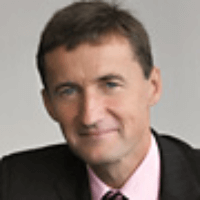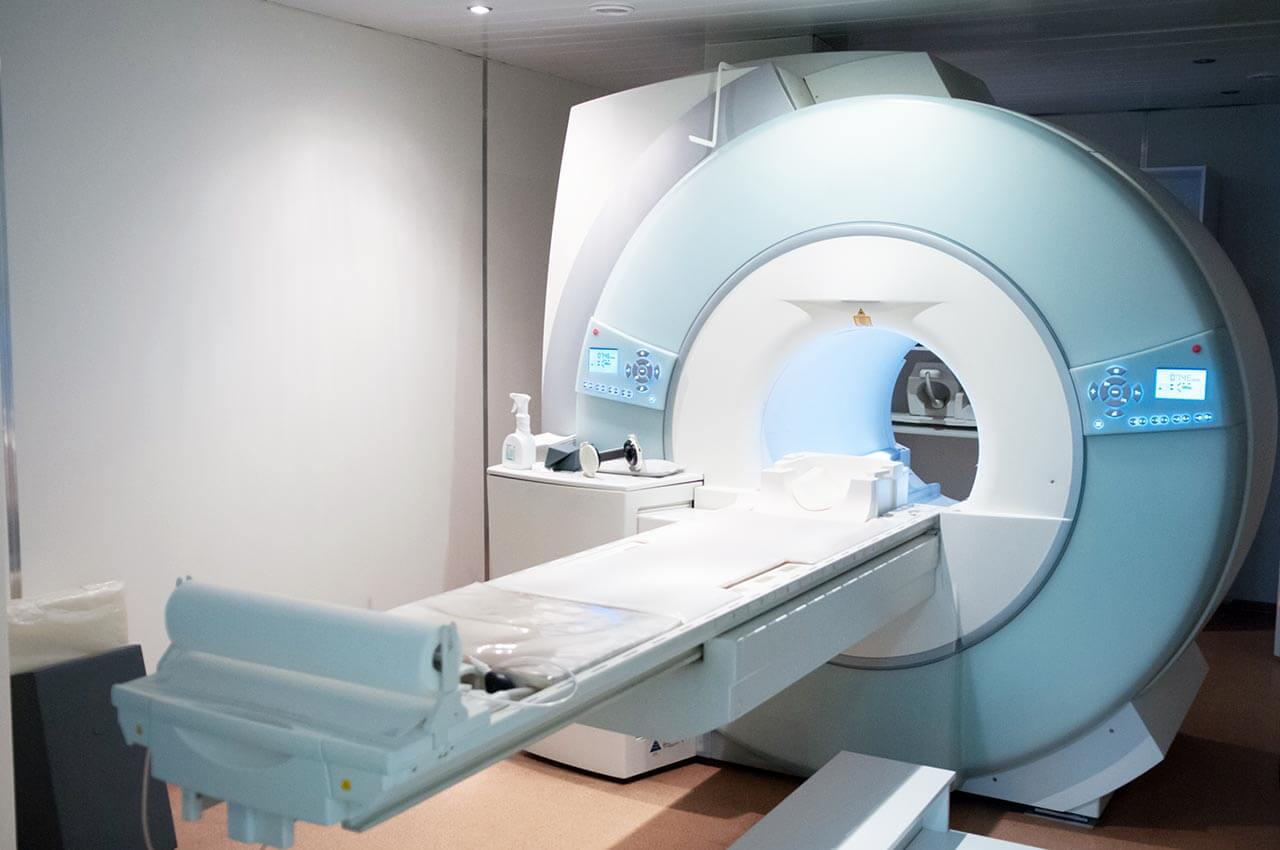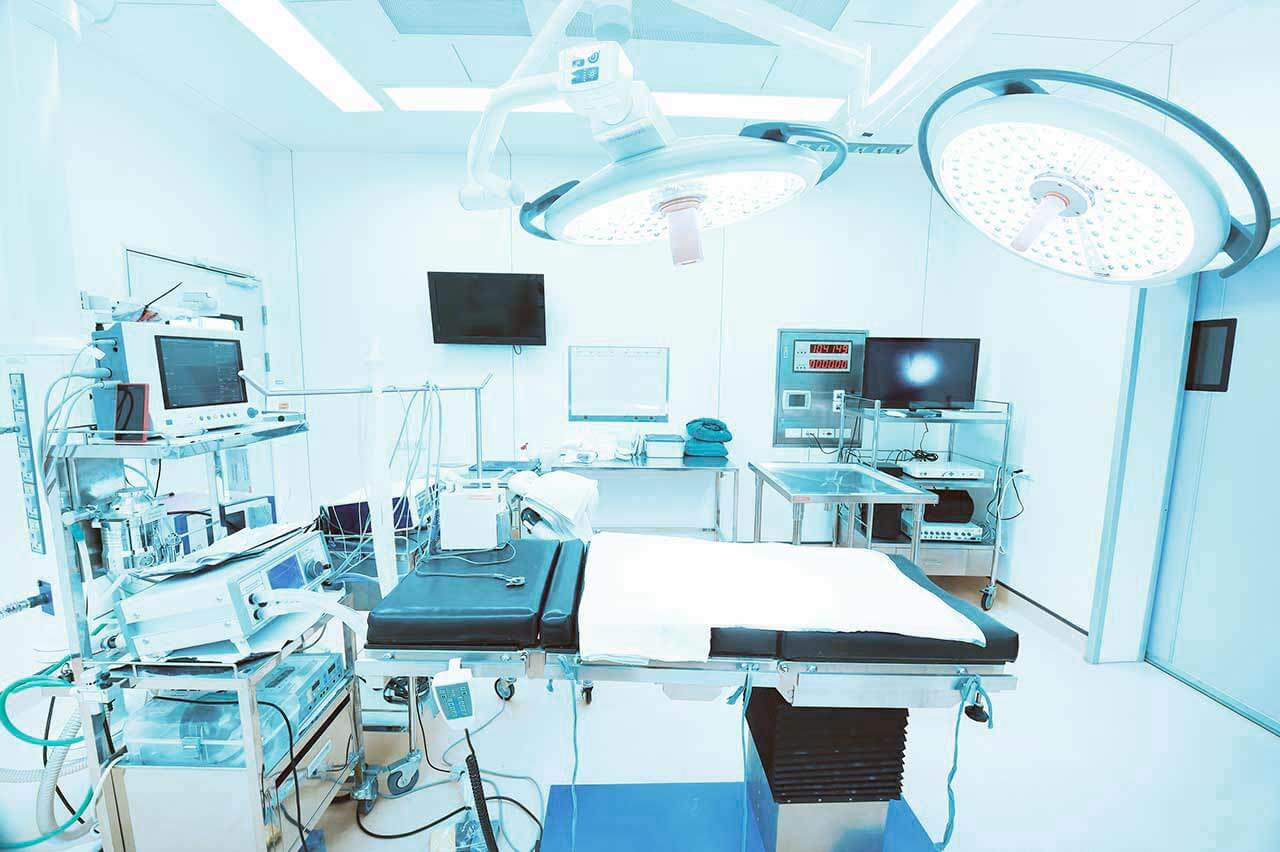
The program includes:
- Initial presentation in the clinic
- clinical history taking
- review of medical records
- physical examination
- urological examination
- laboratory tests:
- complete blood count
- clinical urine test and urine culture
- inflammation indicators (CRP, ESR)
- indicators of blood coagulation
- pelvic ultrasound
- cystoscopy
- intravenous pyelography
- CT scan (on indication 650 €)
- MRI scan (on indication 1200 €)
- nursing services
- consultation of related specialists
- consultation of the chief physician and all leading experts
- development of individual treatment plan
- written statement
Required documents
- Medical records
- Pelvic ultrasound (if available)
Service
You may also book:
 BookingHealth Price from:
BookingHealth Price from:
About the department
According to the Focus magazine, the Department of Urology at the University Hospital Tuebingen is included in the ranking of the top German departments for prostate cancer treatment!
The department offers the full range of diagnostics and treatment of diseases of the kidneys, bladder and urinary tract, male genital organs. The department has advanced experience in urologic surgery and is one of the most reputable medical institutions specializing in the treatment of benign and malignant prostate diseases. In 2009, the department was certified by the German Cancer Society as the Prostate Cancer Center.The Chief Physician of the department is Prof. Dr. med. Arnulf Stenzl.
The service range of the department includes:
- Diagnostics and treatment of prostate cancer
- Diagnostics
- Prostate-specific antigen test
- Preventive examination, including digital rectal examination of the prostate, PSA test, as well as transrectal prostate ultrasound
- Magnetic resonance imaging
- Specialized ultrasound examinations
- Robot-assisted prostate biopsy
- Therapy
- Conservative treatment methods (drug therapy)
- Radical prostatectomy (open, laparoscopic method, as well as intervention using a da Vinci robot)
- Diagnostics
- Diagnostics and treatment of various problems of the male sexual sphere (andrology)
- Varicose veins of the testicle (varicocele)
- Congenital or acquired penile curvature
- Fertility problems
- Erectile dysfunction and ejaculation
- Genital inflammation in men
- Male sex hormone imbalance
- Diagnostics and treatment of bladder tumors
- Cystoscopy
- Urinalysis
- Ultrasound and X-ray examinations
- Photodynamic diagnostics
- Surgical removal of bladder tumors (laparoscopic and open method)
- Diagnostics and treatment of kidney tumors (benign and malignant)
- Diagnostics
- Computed tomography (CT)
- Magnetic resonance imaging (MRI)
- Lung and thoracic CT to identify or eliminate lung metastases, as well as to plan anesthesia
- Skeleton scintigraphy for detecting bone metastases
- Therapy
- Nephrectomy (kidney removal) using laparoscopic and open method
- Partial kidney removal using laparoscopic and open methods
- Drug and surgical treatment of metastases
- Diagnostics
- Diagnostics and treatment of testicular cancer
- Reconstructive urology and neurourology
- Treatment of cicatricial contractions of the urinary tract (strictures) or fistulas
- Urethral dilatation using cheek mucosa grafts
- Functional muscle transfer to the bladder walls (Latissimus Dorsi Detrusor surgical method in the treatment of urination disorders)
- Treatment of urinary incontinence (for example, sacral neuromodulation, artificial sphincter implantation, penile prosthetics)
- Sex reassignment surgery
- Other diseases and treatment methods
Curriculum vitae
Education and Professional Career
- 01.10.1973 - 31.01.1980 Study of Medicine, Karl and Franz University of Graz.
- 15.02.1980 Doctoral dissertation defense.
- 01.06.1980 - 31.12.1980 Department of Internal Medicine I, Klagenfurt Hospital.
- 01.01.1981 - 31.05.1981 Department of Internal Medicine II, Klagenfurt Hospital.
- 01.06.1981 - 31.03.1983 Assistant, Institute of Pathology and Anatomy, Karl and Franz University of Graz.
- 01.04.1983 - 31.06.1987 Assistant, Department of Surgery, University Hospital Graz.
- 01.04.1983 - 31.10.1984 Rotation, Department of General, Cardiothoracic Surgery, Traumatology, Plastic and Experimental Surgery.
- 01.11.1984 - 31.06.1987 Assistant, Department of Urology (Head: Prof. Dr. med. G. Humber), training for the title of a Medical Specialist in Urology.
- 01.07.1987 - 31.06.1988 Resident (Fellow, General Urology), Department of Urology, University of California, Los Angeles, USA.
- 01.07.1988 - 31.06.1989 Fellow (Urological Oncology), Section of Urology, Department of Surgery, University of California, Los Angeles, USA.
- Since 01.07.1989, Return to Austria as a Medical Specialist in Urology, registered in the list of doctors of the Austrian Medical Association.
- 01.09.1989 - 31.08.1990 Department of Urology, University Hospital Graz.
- 01.08.1990 - 01.09.1992 Senior Physician, Department of Urology, University Hospital Inselspital, Bern, Switzerland.
- 04.11.1992 - 31.03.2002 Senior Physician and Deputy Head of the Department of Urology, University Hospital Innsbruck.
- Since 01.04.2002, Head of the Department of Urology at the University Hospital Tuebingen.
Photo of the doctor: (c) Universitätsklinikum Tübingen
About hospital
According to the prestigious medical publication Focus, the University Hospital Tuebingen ranks among the top five German hospitals!
The hospital was founded in 1805, therefore it is proud of its long history, unique experience, and outstanding achievements in the field of medical care, as well as research and teaching activities. Nowadays, it is one of the most advanced medical institutions, which provides a wide range of general and highly specialized medical services. The hospital combines the state-of-art medical technologies in the field of diagnostics and the very latest treatment methods of a wide range of diseases.
The hospital has 17 specialized departments, which cover almost all fields of modern medicine and contribute to the top-class medical service in Germany. It treats about 367,000 outpatients and 74,000 inpatients annually. This testifies to the high authority of the hospital at the national and international medical arena. This is the first German hospital, which confirmed the high quality of healthcare and the effectiveness of service with a KTQ certification (in 2009).
Photo: (с) depositphotos
Accommodation in hospital
Patients rooms
The patients of the University Hospital Tuebingen live in comfortable single and double rooms with an ensuite bathroom equipped with a shower and toilet. The beds in the patient rooms are equipped with orthopedic mattresses that promote good and full sleep. There is a TV in the room, and it is also possible to connect a smartphone or laptop to the Internet. In addition, there is enough space in the patient room to receive 2-3 guests without inconvenience for the second patient.
The enhanced-comfort rooms include a hairdryer, heated towel rail, a large mirror, a direct dial telephone, a flat-screen satellite TV, a writing desk, free Internet access, a mini-bar and a refrigerator.
Meals and Menus
The patients of the hospital are offered tasty and healthy three meals a day: breakfast, lunch and dinner. Breakfast is served as a buffet, while for lunch and dinner there is a choice of several menus. Also, if desired, the patient will be provided with an individual menu. There are several cafes and cafeterias on the territory of the hospital, where one can have a tasty meal or enjoy a cup of coffee, tea and dessert.
Further details
Standard rooms include:
Religion
Religious services are available upon request.
Accompanying person
During the inpatient program, an accompanying person can stay with you in a patient room or in a hotel of your choice.
Hotel
During the outpatient program, you can stay in a hotel of your choice. Our managers will help you choose the most suitable option for you.




